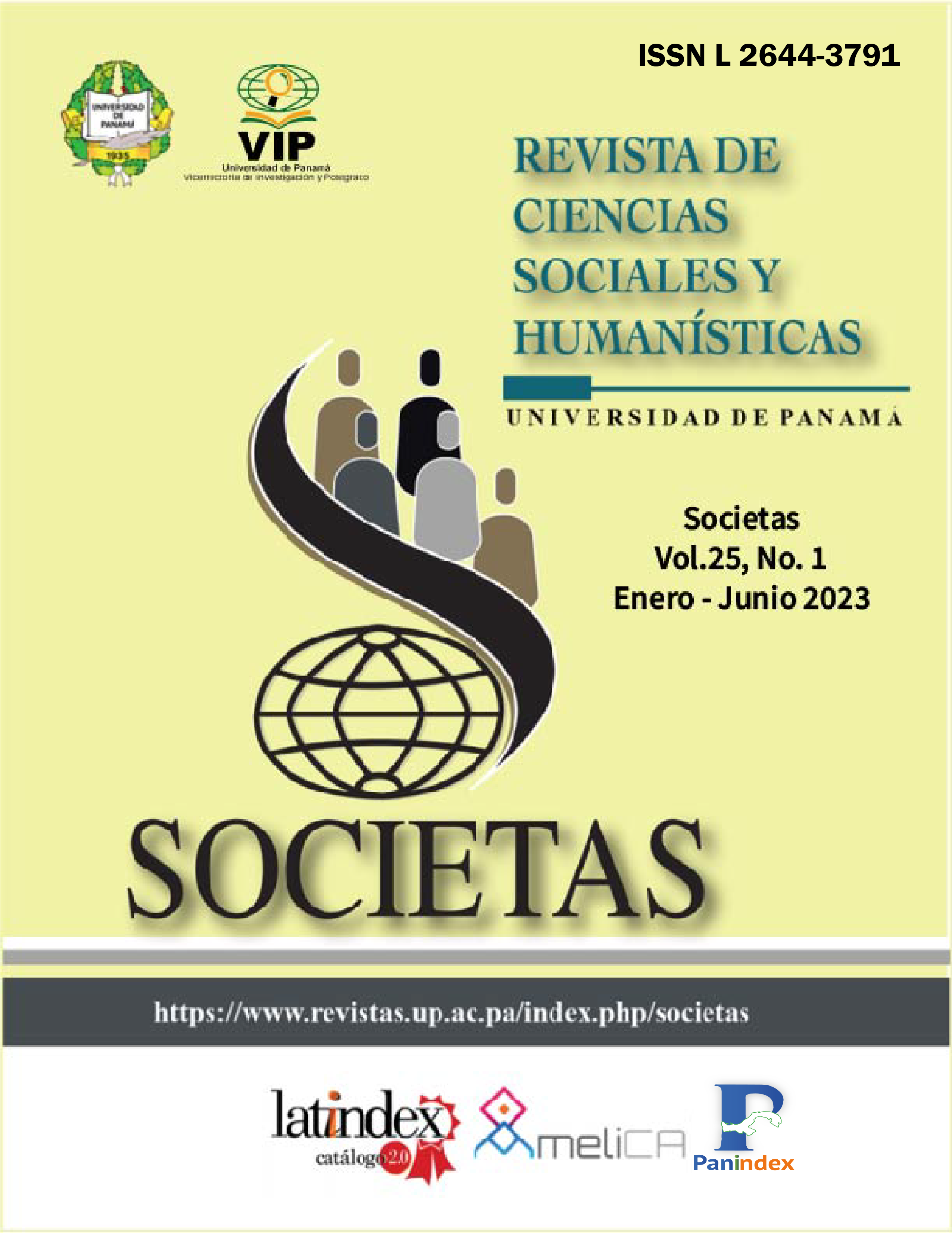


This work is licensed under a Creative Commons Attribution-NonCommercial-ShareAlike 4.0 International License.
The concept of childhood or early childhood education is a social construct used by pedagogues in the eighteenth century, resulting in psychopedagogical theories and disciplines focused on infants or the subject of psychomotricity. Psychomotricity constitutes an important element in the development of the child, thanks to this the subject can function in space, potentiate skills through the experience of their relationship with the environment. In the current knowledge society, it is suggested to use ICTs to stimulate the child's psychomotor development. Therefore, the problem that arises is how the incidence of ICTs can contribute to the psychomotor development of children during the first five years of life? The objective of this article is to argue the contributions and benefits of the use of ICTs in the psychomotor development of the child during the first five years of age, with the purpose of knowing their contributions, limitations and challenges during this process, through the bibliographic review of authors specialized in ICTs, psychomotricity, early stimulation, technologies, among others. The method that directed this research was the analytical-synthetic method and the hermeneutical method. Therefore, by way of conclusion, from the results of this research it is pointed out that the use of ICTs during the first five years can strengthen learning zones that improve locomotor skills, manipulative skills and stability skills. However, its excessive use can cause disorders related to learning, movement, socio-affective.